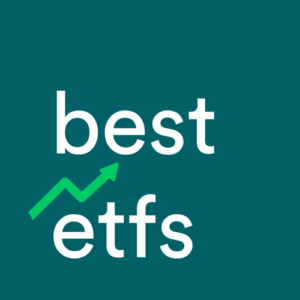ESG investing is alive and well in the market, writes Giselle Roux.
Amongst the countless commentaries and headline noise on virus affected financial conditions, it is surprising that environmental, social and governance (ESG) seems to have gained an even stronger foothold.
The embrace of such standards does, however, run into the consistent problem in the interpretation of ESG. As more data providers enter the field to compete or complement the likes of MSCI or Sustainalytics, the differential score applied to the same companies is causing confusion and risks, undermining the credibility of the process. Fund managers add to that by layering on their own judgement.
The pushback to seeking greater standardisation is based on the loose interpretation of other factors. For example, the definition of a growth stock is hardly uniform. At the most elementary level, the weight attributed to E, S and G respectively, can have a major impact. There are some high-profile cases, such as Tesla, that are iconic examples of a huge divergence in scoring.
Nonetheless, investors with a leaning to ESG will be disappointed to find securities in a portfolio that are counter to their expectations. It is therefore increasingly important to understand what form of ESG is being applied. Is it to avoid risk, or is it to push for change, does it have an ethical flavour and is climate change and sustainability a criterion?
A portfolio that satisfies all investors is impossible. Expectations should be grounded to accept that the result is moving in the right direction rather than at the destination.
For some time environmental factors have held attention with annual reports citing efforts to reduce its impact. These have also been at the heart of some of the highest profile problems in the past decade such as the Volkswagen emissions scandal or the BHP Samarco mine disaster.
The legacy of the virus will add other dimensions.
Social has been a tricky judgement within ESG. Companies have a competitive and profit motive and are not benevolent organisations. Yet the treatment of employees and suppliers has been thrust into the spotlight in the past few months. Problematic decisions of employee pay, retention and health are inevitably a legacy that might well change the ranking score for a company.
Implementation of governance can hit the shareholder pocket hardest on a regular basis. Executive remuneration has been a battleground for some time and those that have been willing to share some of the upcoming profit pain may be treated more sympathetically. Others have dusted segments of their shareholder base via capital raisings while dividend decisions are now fraught with an uncertain investment strategy or pressure on credit ratings.
In addition, there is a whole new layer. How will a bank be treated if it forecloses on a loan where the business or individual has been impacted by COVID-19? What healthcare and leave entitlements are appropriate for employees that may need to self-isolate? What about the potential for a damaging computer security breach by those working off their own devices?
To date, Australian private investors have skewed their ESG judgment to a narrow cohort of sectors such as tobacco, controversial weapons and in many cases, oil companies. Gaming and alcohol stocks are excluded from most not-for-profit funds. The link between governance and bank miss-selling was lightly assessed rather than an abject failure in the ‘G’ of ESG and therefore these stocks mostly retained their position in portfolios. On a global basis, the inherent flaws in most social media platforms have yet to become ESG headlines.
Investors are increasingly sensitive to cleansing their portfolio from what they consider harmful operations. Fund managers and advisors will, therefore, have to spend more time on how ESG is applied rather than rely just on a stated line that proclaims screening as part of an investment process.
On the ASX, the list of ethical ETFs includes:
This article was originally written by Giselle Roux for The Inside Investor.
[ls_content_block id=”695″ para=”paragraphs”]



